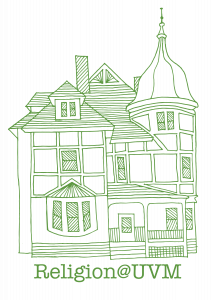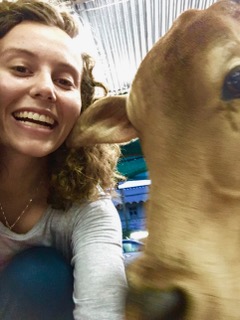Thomas Mackell ’18 in the Spotlight:
a series about our graduating seniors
Why did you major in Religion?
In high school I got really into (and found some solace in) reading pop philosophy stuff on Taoism and Buddhism like some writings of Alan Watts, Joseph Campbell, Aldous Huxley, etc. I came to college knowing I wanted to study “Eastern philosophy” in a way that actually taking religion classes has helped me to realize was essentializing and Orientalist! I was just studying Philosophy at first, which lacked a direct confrontation with a lot of social justice and political issues that Religion classes offer so I added another major.
Where do you imagine yourself in 10 years?
I’d like to move to a city like New York, Philadelphia, or go back DC. I’m definitely comfortable living in apartments my whole life. It’d be nice to go to post-grad to do some work that could involve using what I’ve learned and actually helping people, thinking about working in a library, museum, school, or maybe something to do with law or some non-profit work who knows!
Imagine a first-year student has asked your advice about REL courses. What’s the one she shouldn’t dream about missing? Why?
I think REL 100: Interpretation of Religion is super important as far as it deconstructs our common Western assumptions of what religion is and reveals that “The Invention of World Religions” was a colonial project. Tomoko Masuzawa’s The Invention of World Religions and Saba Mahmood’s “Agency, Performativity, and the Feminist Subject” are definitely two of the best things I’ve read for any class.
If you could write any book, what would it be?
There are some ideas floating around my head connecting Ludwig Wittgenstein’s idea of language as a “form of life”, Judith Butler’s idea of “performativity”, and Robert Orsi’s “lived religion” but I would need to think about them a lot more to write something coherent.
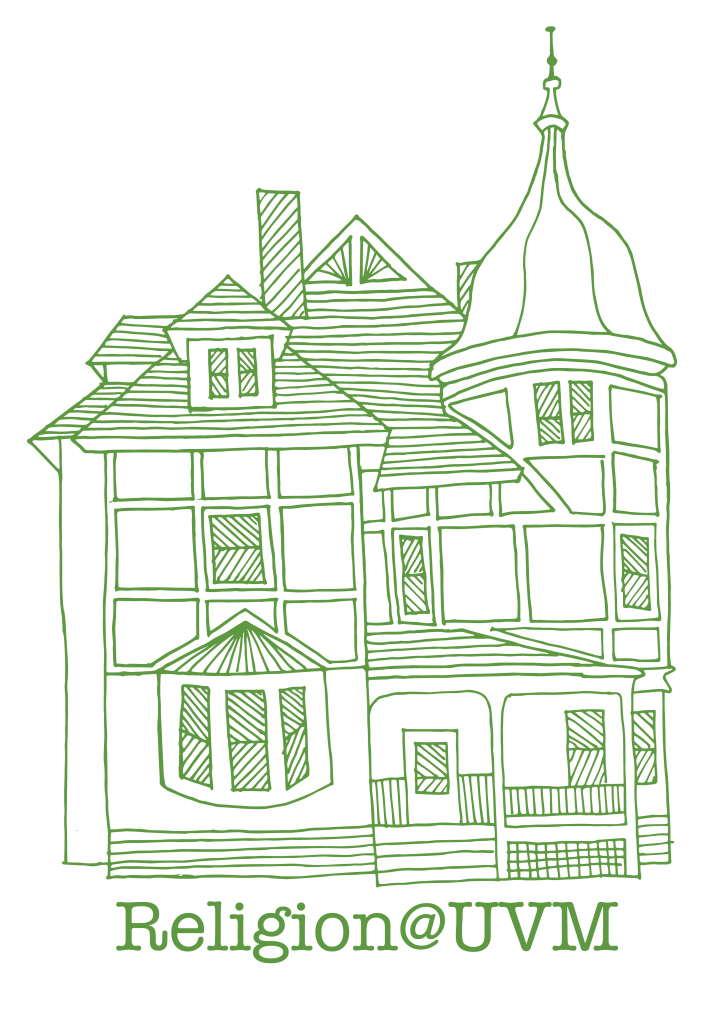 Any fond memories of 481 Main Street you want to share?
Any fond memories of 481 Main Street you want to share?
Going to Professors Clark and Brennan for advising help, Professor Borchert pulling Adorno off the shelf for me and bringing snacks to 203 along with all the bonding over stress we got to do in that class. Cramming into a packed seminar room for REL 100 with Professor Morgenstein Fuerst.


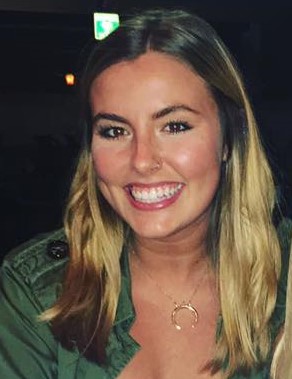
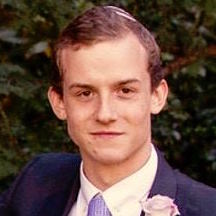

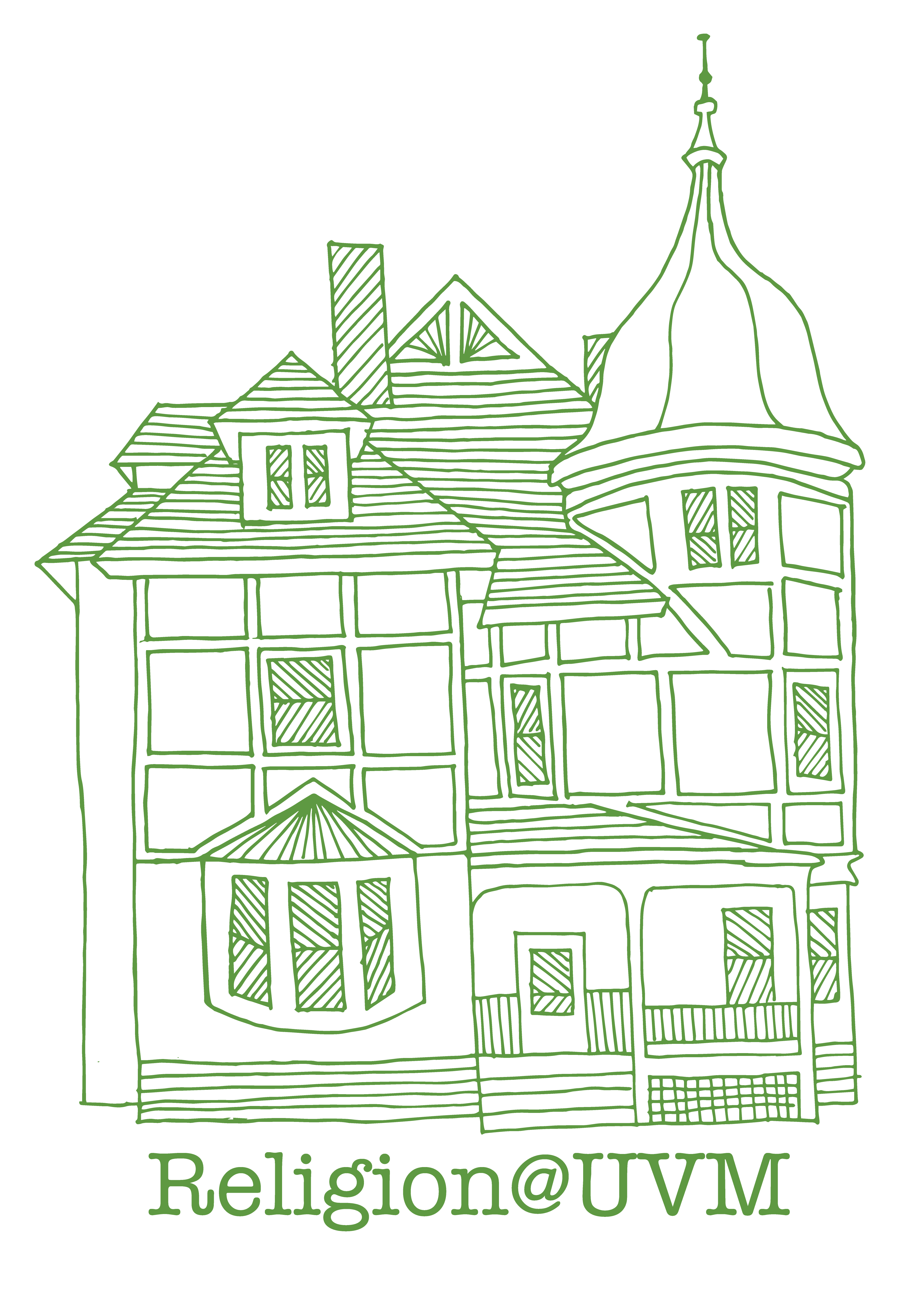
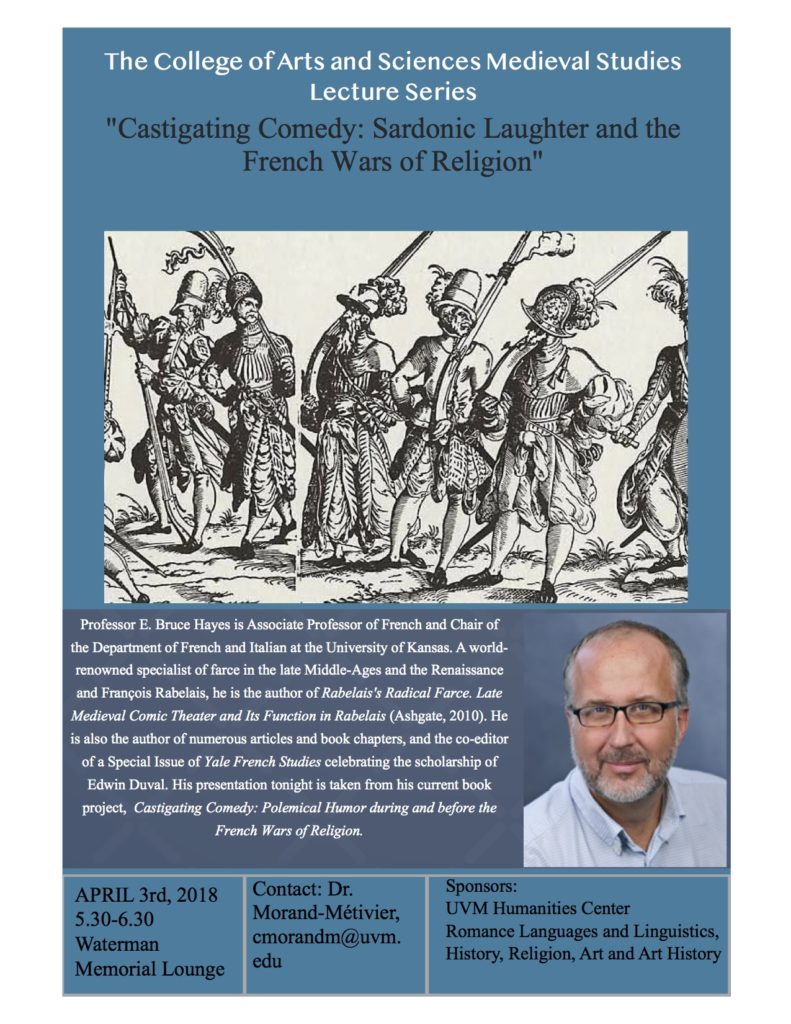
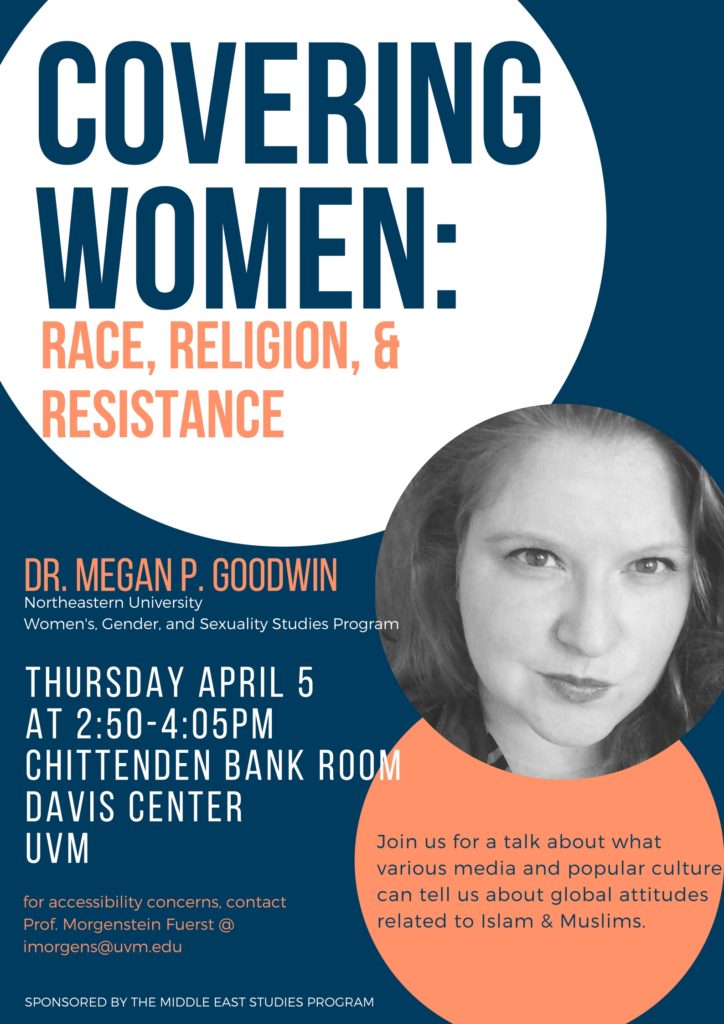
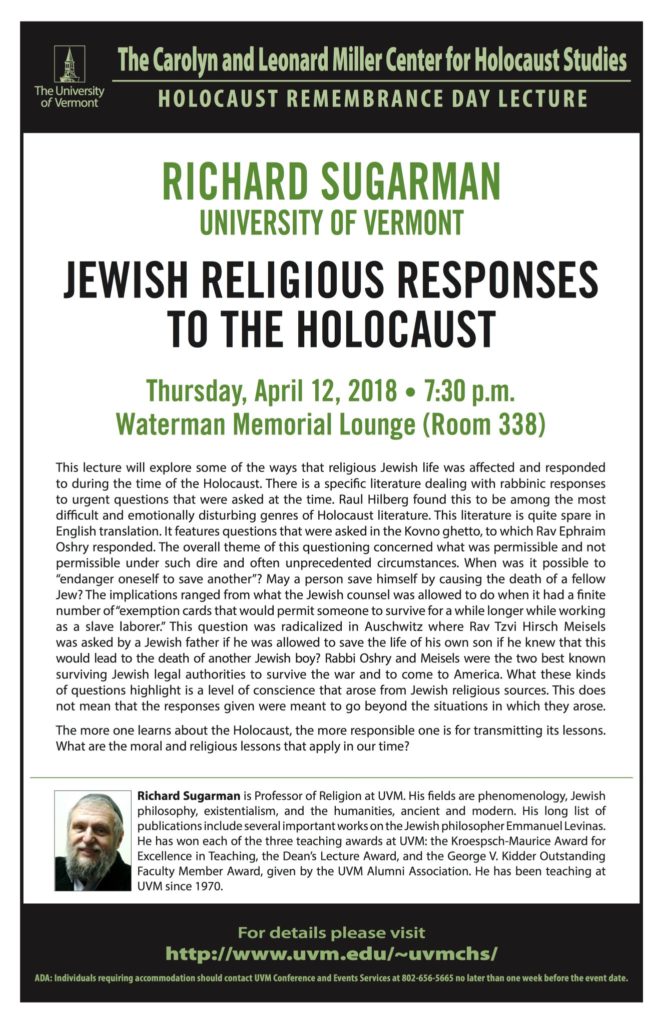
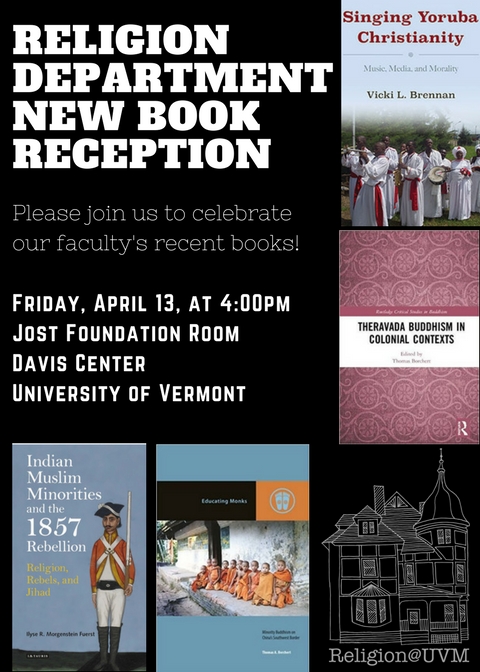
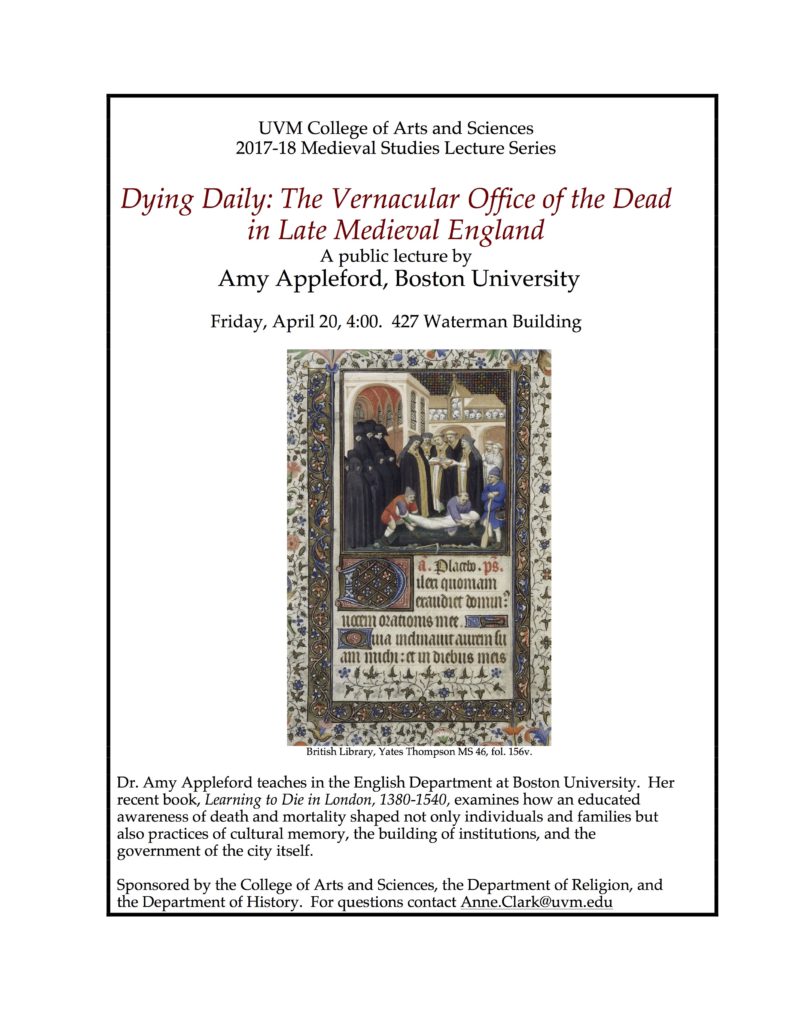
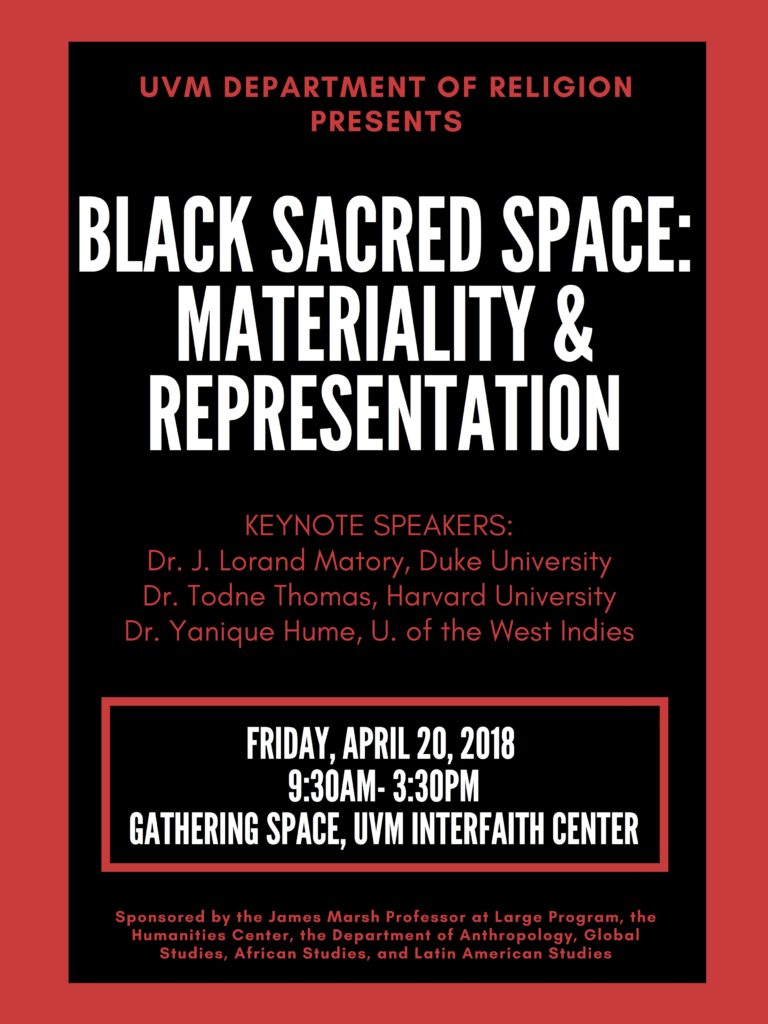
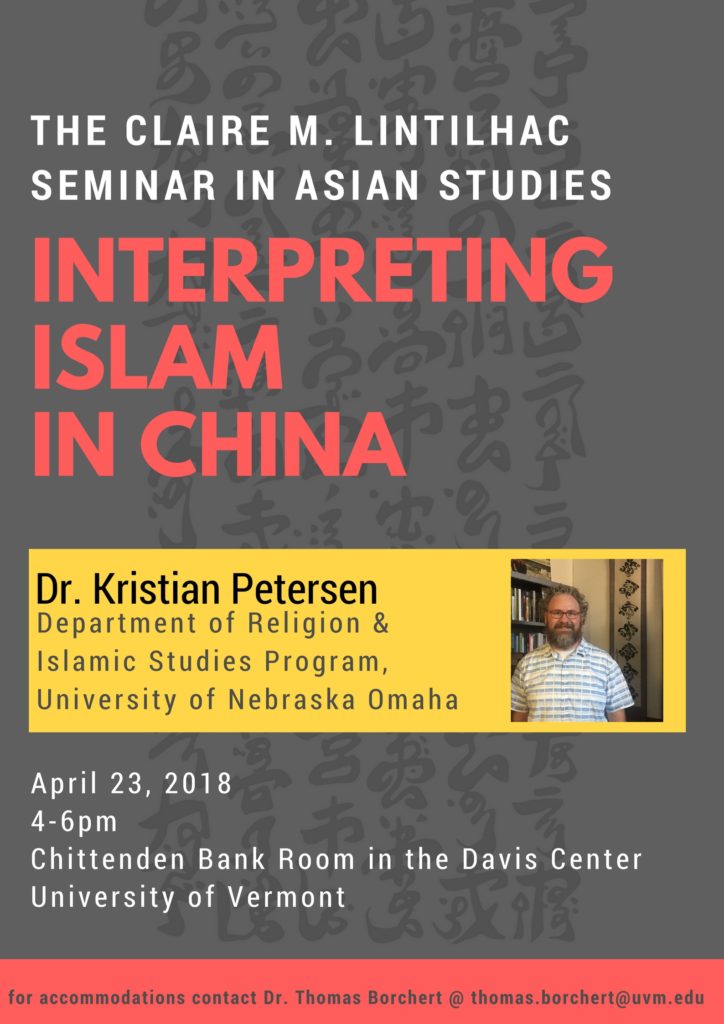




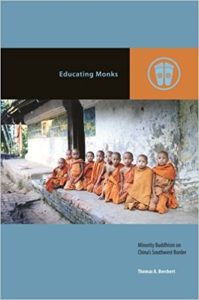
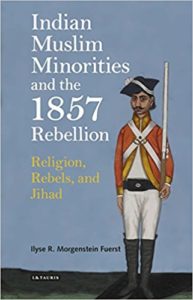
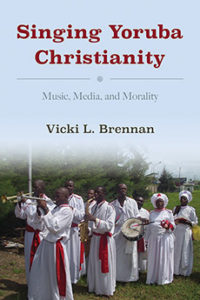 “Singing the same song is a central part of the worship practice for members of the Cherubim and Seraphim Christian Church in Lagos, Nigeria. Vicki L. Brennan reveals that by singing together, church members create one spiritual mind and become unified around a shared set of values. She follows parishioners as they attend choir rehearsals, use musical media—hymn books and cassette tapes—and perform the music and rituals that connect them through religious experience. Brennan asserts that church members believe that singing together makes them part of a larger imagined social collective, one that allows them to achieve health, joy, happiness, wealth, and success in an ethical way. Brennan discovers how this particular Yoruba church articulates and embodies the moral attitudes necessary to be a good Christian in Nigeria today.”
“Singing the same song is a central part of the worship practice for members of the Cherubim and Seraphim Christian Church in Lagos, Nigeria. Vicki L. Brennan reveals that by singing together, church members create one spiritual mind and become unified around a shared set of values. She follows parishioners as they attend choir rehearsals, use musical media—hymn books and cassette tapes—and perform the music and rituals that connect them through religious experience. Brennan asserts that church members believe that singing together makes them part of a larger imagined social collective, one that allows them to achieve health, joy, happiness, wealth, and success in an ethical way. Brennan discovers how this particular Yoruba church articulates and embodies the moral attitudes necessary to be a good Christian in Nigeria today.”

